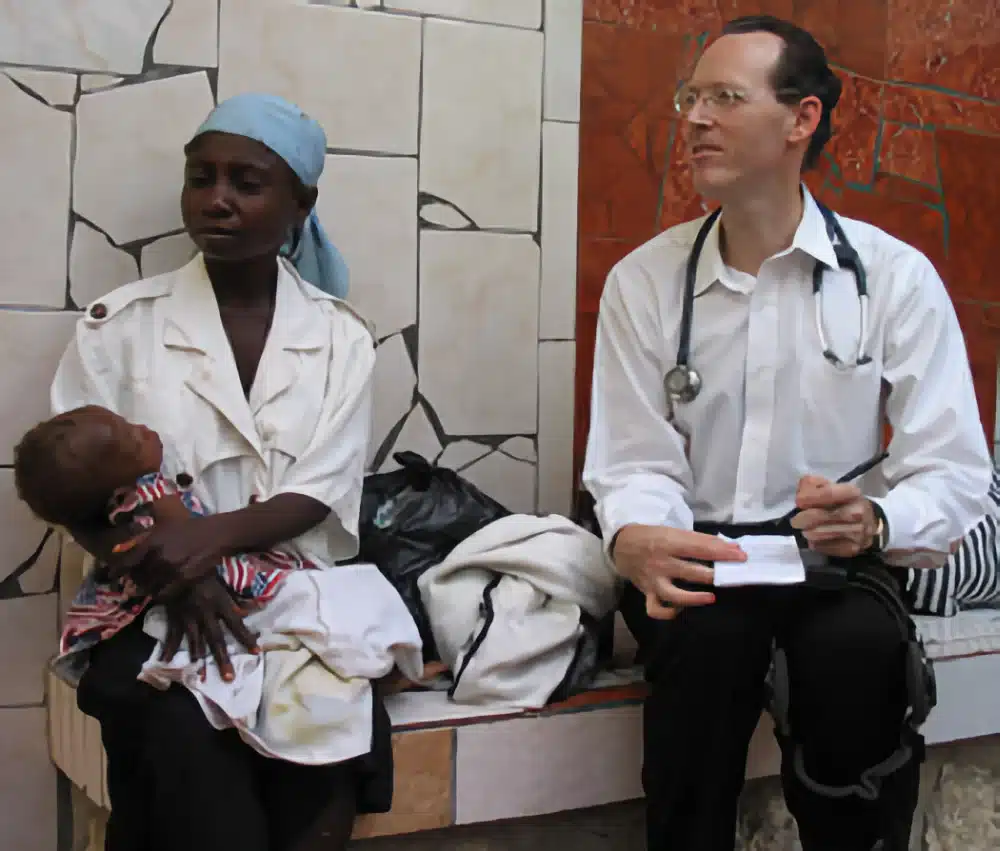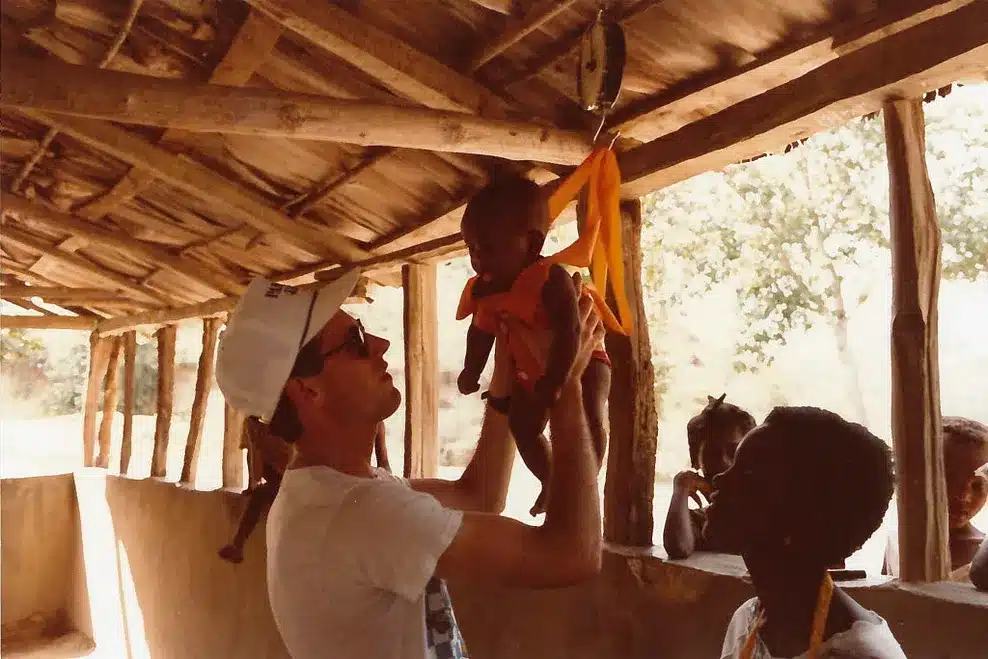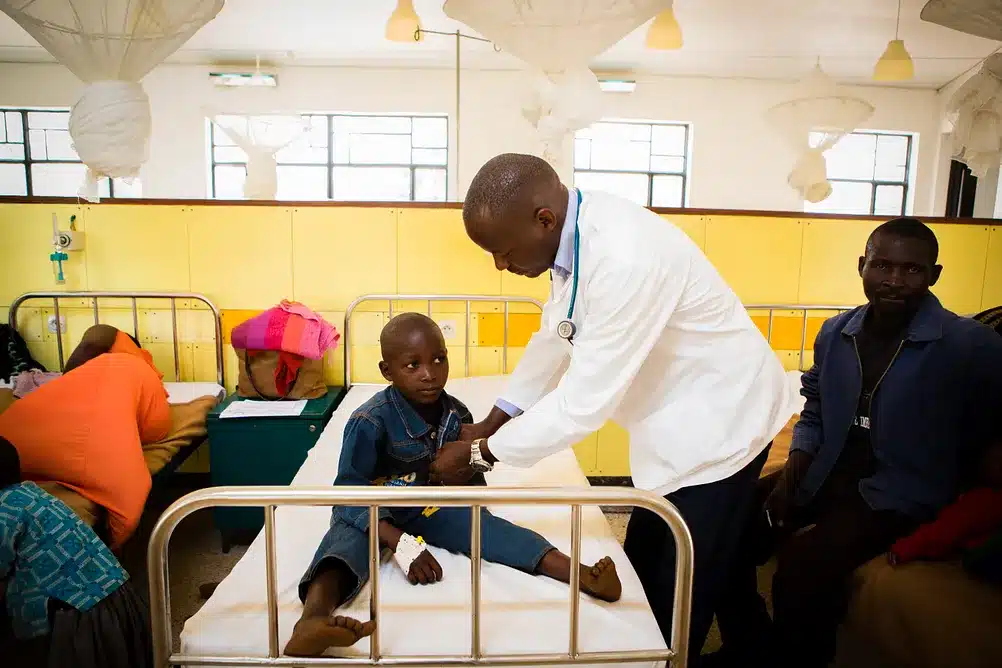Made for the Ivy League
Paul Farmer was one of those people who make the rest of us feel like slackers.
As a teen, he earned a full ride scholarship to Duke University, where he studied medical anthropology and Latin, spent time volunteering with migrant farmworkers, and basically never slept. Then he headed to Harvard Medical School (because why not) and while training to become a physician, he simultaneously completed a PhD in medical anthropology. That’s right: he earned two of the most demanding degrees Harvard offers at the same time. Because apparently one wasn’t challenging enough.
He published research before he graduated. He taught. He wrote. He dazzled. His mentors sang his praises. His classmates admired him, or at least tried to draft off his brilliance. With his credentials, Paul could have landed any job he wanted. He could have had the kind of life that comes with a corner office, a house in Cambridge, and wine-and-cheese conferences in Switzerland.
But instead, he moved to a village in rural Haiti where clean water was scarce, roads were more pothole than pavement, and lived in a cinderblock house with no running water. He learned Creole and walked miles to visit patients in mountain villages.
Why would Farmer choose to live like that?








